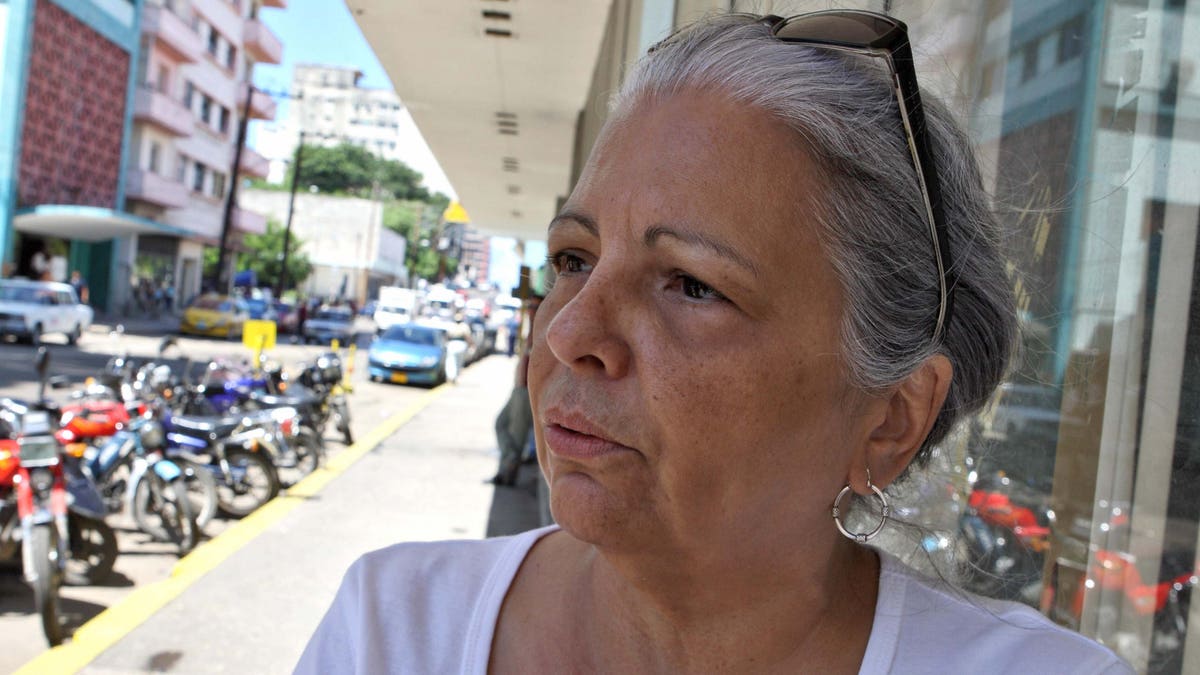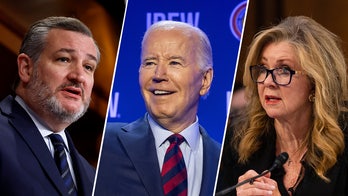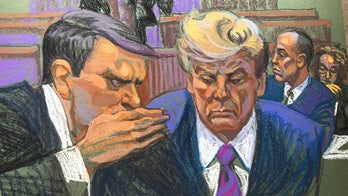
Cuban opposition leader Marta Beatriz Roque is seen 27 September 2007 in front of the Justice Ministry in Havana, where she and other relatives of political prisoners delivered a letter dennouncing their conditions of imprisonment. AFP PHOTO/ADALBERTO ROQUE (Photo credit should read ADALBERTO ROQUE/AFP/Getty Images) (2007 AFP)
Some of Cuba’s best-known dissidents will be granted a one-time permission to travel abroad ahead of President Barack Obama’s trip to the island.
Activists said on Wednesday that the Cuban government loosened travel restrictions for seven members of a group of 11 dissidents imprisoned during the 2003 crackdown known as the Black Spring. They will be free to travel one time as a reward for good behavior.
The four more-politically active members of the group remain unable to travel, dissidents said.
Activist Marta Beatriz Roque said that she and six other former prisoners were contacted by Cuban immigration officials on Sunday and told to report to state offices the following day. There, they were told that they would be able to travel overseas once and return to Cuba.
She said she intended to travel to the United States to see family as soon as she was able. She credited the Cuban government decision to Obama's upcoming trip but criticized the one-off nature of the permits and the fact that four of the more active former Black Spring prisoners remained under travel bans.
"It's a concession for Obama's visit," she said. "But I also think that Cuba's doing it so that some of us say, 'OK, if I can't travel again, I'm going to stay."
Obama has said his March 21-22 trip to Havana is designed to push the Cuban government to improve conditions for its people. Critics say Obama is rewarding the Cuban government despite its refusal to give citizens the ability to freely vote for their leaders and exercise their rights to free speech and assembly.
Dissident Jorge Olivera, a former state television editor, said he was assessing whether he could now accept a yearlong fellowship at a U.S. university that he was granted while under the travel ban.
In Washington, a White House spokesman welcomed the decision to let the seven dissidents travel outside Cuba, and encouraged Cuban officials to allow the same for the other four dissidents.
"While we support positive steps forward on this issue, we will continue to urge the Cuba government to respect the rights of all Cuban citizens," White House spokesman Peter Boogaard said.
The Cuban government did not respond to a request for comment.
Olivera also complained about ongoing restrictions on fellow former prisoners, including Jose Daniel Ferrer, head of the Patriotic Union of Cuba dissident group that is active in eastern Cuba.
"They told some of us that this was because of good behavior," he said. "In reality, it's totally arbitrary."
Based on reporting by the Associated Press.




